We recently connected with Jim Civis and have shared our conversation below.
Jim, thanks for taking the time to share your stories with us today Let’s kick things off with a hypothetical question – if it were up to you, what would you change about the school or education system to better prepare students for a more fulfilling life and career?
I’d love to see the education system focus a bit less on career tracks and a bit more on supporting general curiosity, critical thinking, and communication and listening skills. I think this perspective is largely informed by my own journey to find work that I enjoy. While I was working on a PhD in English literature, I realized that the academic life wasn’t one that I really wanted to do long term. I enjoyed the teaching, research, and the discussions with colleagues, but if felt like my creativity didn’t have an outlet in the academic world. I kicked around for a few years tutoring high school students and working as a problem solver and all around fill in for a local furniture store before landing a more career-oriented job writing proposals for a government contractor. These jobs also didn’t offer the creative outlet I was seeking, but they did give me an opportunity to develop many of the skills that I use almost daily running the business. I didn’t have experience brewing commercially when we started, but I did have plenty of home brewing experience that was complemented by the skills I built in small business finance, pricing, marketing, and logistics.
Our team at the brewery reflects this almost haphazard entrance into the craft beer industry. We have the wide range of skills that we need in order to produce and then sell the beer we make, but being able to understand the big picture and communicate across divisions/responsibilities is essential to making things work. On the production side, our brewers understand how the beer is made, and our quality manager handles the more science-based lab responsibilities. But our bartenders, who end up selling the majority of what we make, need to be able to communicate effectively what we’re doing on the manufacturing side with the customers to explain what differentiates our products from both national, regional, and other local breweries. And the bartenders need to be able to clearly communicate with the production team how our customers are receiving the beer as well as any serving or consistency problems (such as a foamy beer) so they can be addressed or corrected. We don’t need everyone on our team to be an expert on everything that happens in the brewery, but a general understanding of the processes and procedures of our operations helps us work together to identify opportunities where we can do things a bit better.
Relatively few of our employees come to us directly from the beer business. Nursing, computer programming, data processing, social work, education, marketing, and plenty of other fields are and have been represented on our team. Some started after working for years in careers that they chose to leave or cut back on for one reason or another, and others are were looking for some sort of fulfillment beyond what their day jobs offered. While there are plenty of careers that require specialized education, licenses, or professional credentials, we’re able to teach specific skills to employees who are interested to learn them. For us, it’s really about finding people with an innate desire to learn and who are committed to doing a great job.
As always, we appreciate you sharing your insights and we’ve got a few more questions for you, but before we get to all of that can you take a minute to introduce yourself and give our readers some of your back background and context?
I co-founded Printshop Beer Co, a craft brewery located on the riverfront in South Knoxville. Printshop focuses on brewing balanced, approachable craft beers. As a craft malt-certified brewery, we source most of our ingredients from small, local, independent malt houses. Every beer we brew includes Tennessee-grown ingredients. Although beer is our focus, the community is central to our actions. Some examples of our regular community events include hosting weekly vegetable drop-offs for local farmers, providing meeting space for community groups, and supporting local non-profits during pint nights and other events.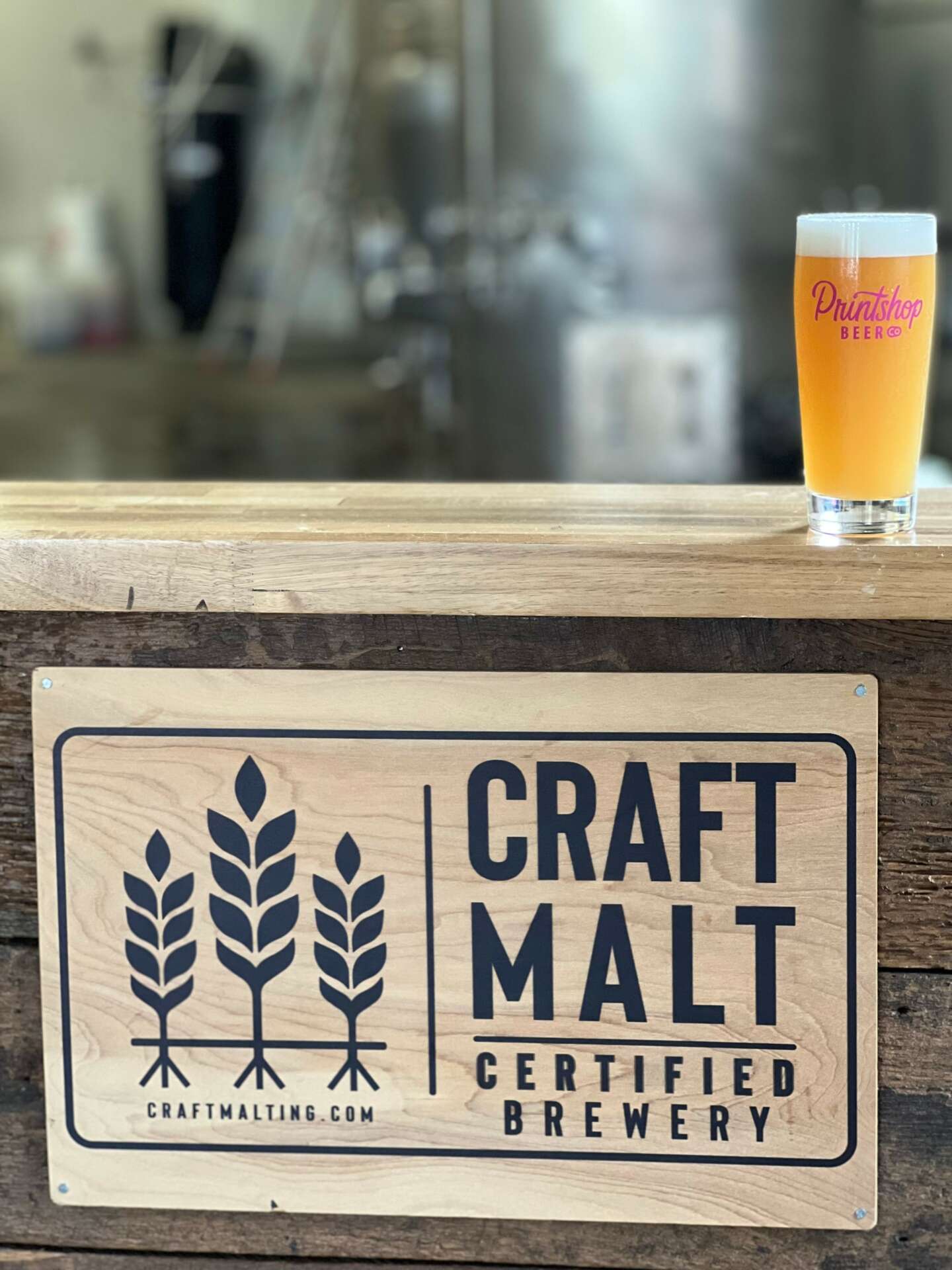
Learning and unlearning are both critical parts of growth – can you share a story of a time when you had to unlearn a lesson?
As a writer, it always seems like there’s a way to craft a more perfect sentence, paragraph, or argument. A description can always be elaborated or tightened. Just change a word here, shift the focus there, cut this, add a little flourish. All that work to improve what you’re trying to communicate. In a world with unlimited resources and time, perfection may be worth pursuing. But in this world, there’s a cost to that pursuit.
One of my previous managers put it most succinctly: “Don’t let the perfect be the enemy of good enough.” And that’s not to say that we sacrifice quality or don’t try to put out the best product that we can. Rather, after the work is good to go, let it go and move on to the next priority. Because there’s always another one coming up. And you’ll have a chance to learn from previous versions to make improvements to the next.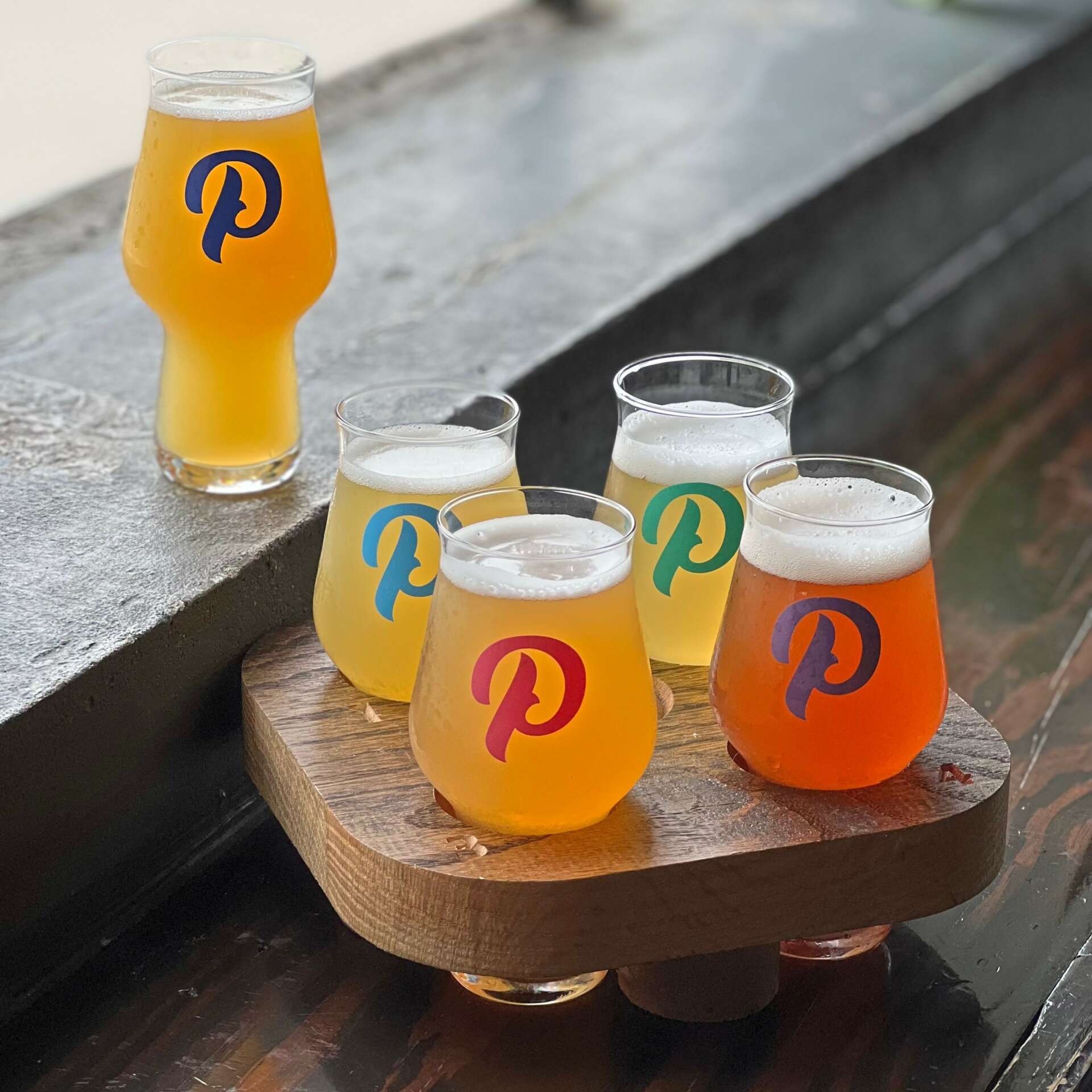
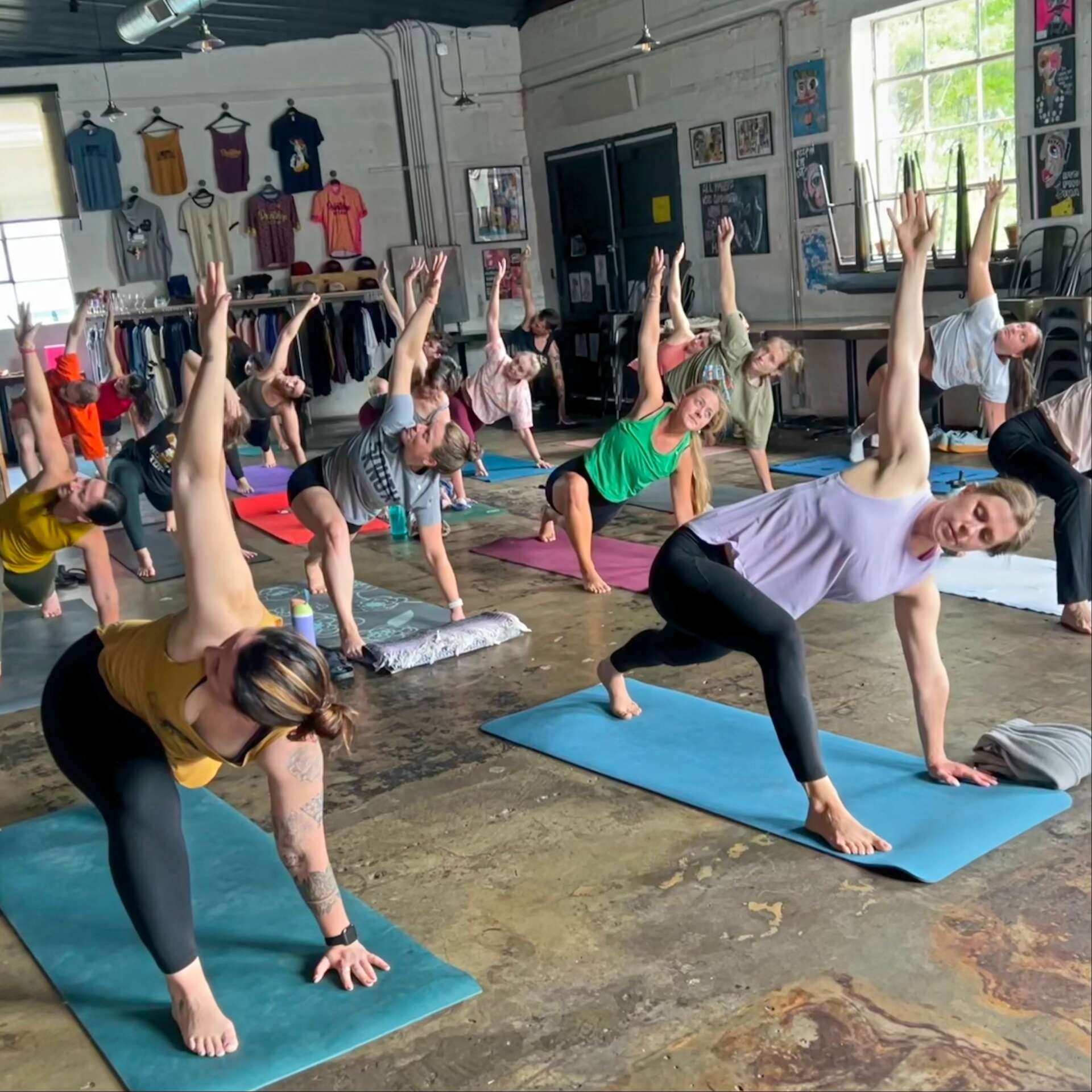
We’d love to hear your thoughts about selling platforms like Amazon/Etsy vs selling on your own site.
At the start of the pandemic, our website was just a splash page with our hours listed and links to our social accounts. With the taproom and other bars shut down, to-go beer was the only sales channel available. Cans were in short supply due to the sudden increase in demand, so we needed to make sure that we only used the cans for beers that would sell that day or the next. We ended up building out a functional website within a week that allowed us to take pre-orders for pickup and can beer on demand. Customers were able to purchase the beer and other merchandise online, set a pickup date and time, and then make a quick stop for a contactless pickup. And we were able to load our inventory to the site and make sure that we didn’t overcommit beyond the quantities we had available.
As public spaces reopened, customers had less need to preorder beer, so we shifted the website’s focus from beer and merchandise sales to events, from seated events like beer dinners and cheese and beer tastings to tie dye, painting, and other crafting workshops. Running event sales on our website offers us several advantages. Customers are able to purchase tickets or seats on the same site where they found the event, which I think has increased our sales conversion rate by reducing the friction from sending them to external sites. We have the flexibility to create additional dates and times based on up-up-to-date sales data by simply adding a new items to our point of sale. The processing fees are lower. And because these events require registration and pre-payment, we’re able to reduce risk on our end–we know how many people to account for, and we already have the money in the bank by the time we need to pay our vendors. We’ll typically order a few extras for walk ups that day, but we can focus our day-of energy on execution rather than making sure seats are filled.
It took a while to figure out how best to market these events to people who don’t typically go to our website to see what’s happening at the brewery, but using digital ads, Facebook events, and even flyers in the taproom with QR codes have worked well for us. I think that after taking the long way to the website, people who enjoyed the events have started going directly to the website for others they want to do. And they also have the chance to pick up some additional beer or merchandise while there. 
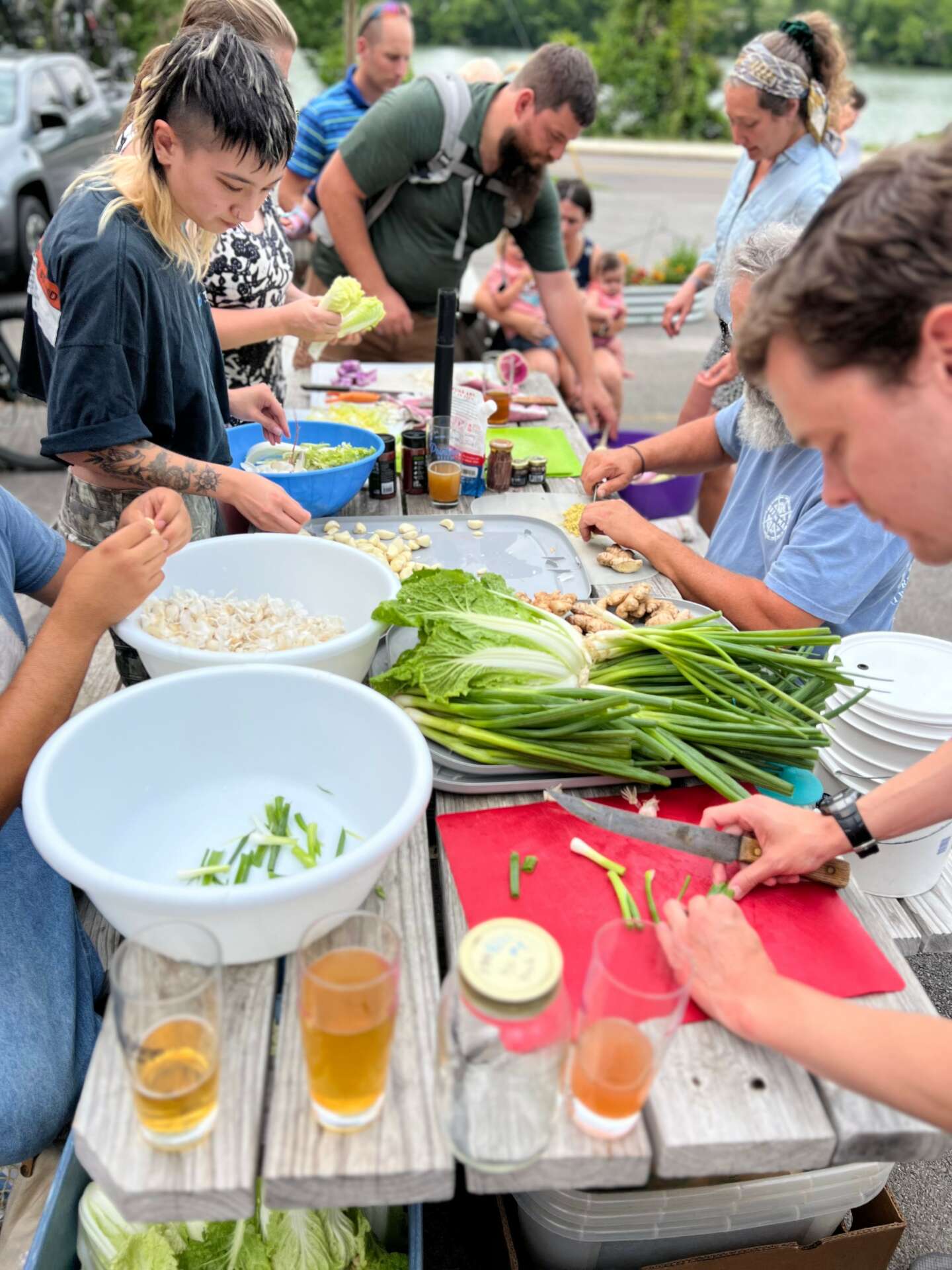
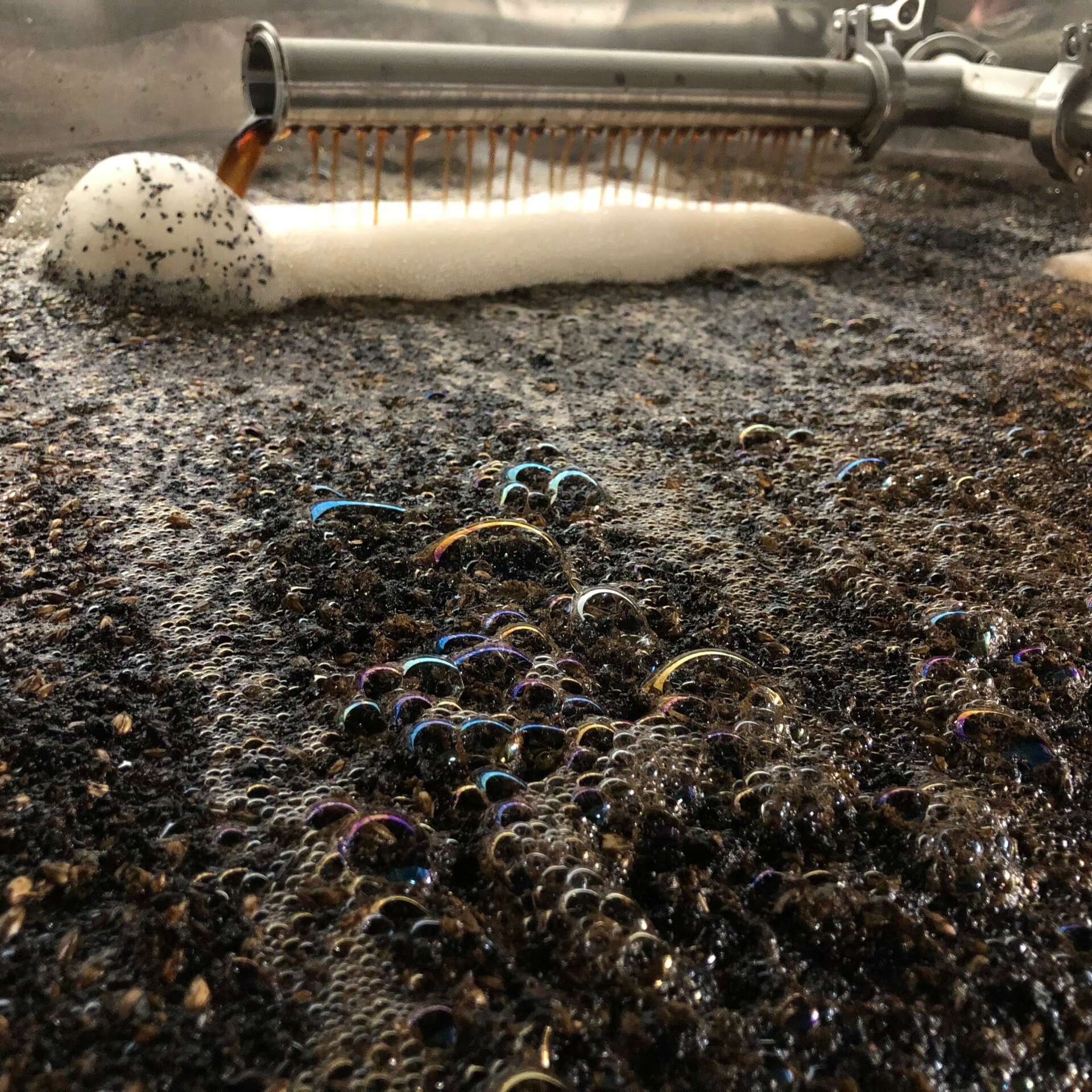
Contact Info:
- Website: www.printshopbeer.co
- Instagram: printshopbeer
- Facebook: printshopbeer


